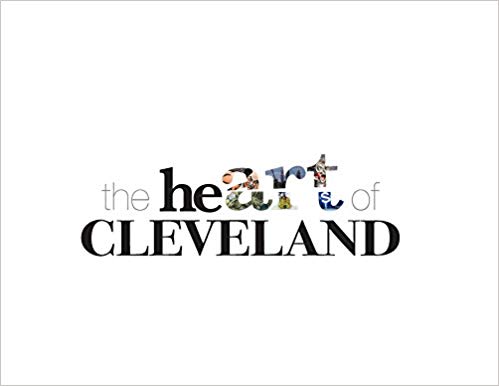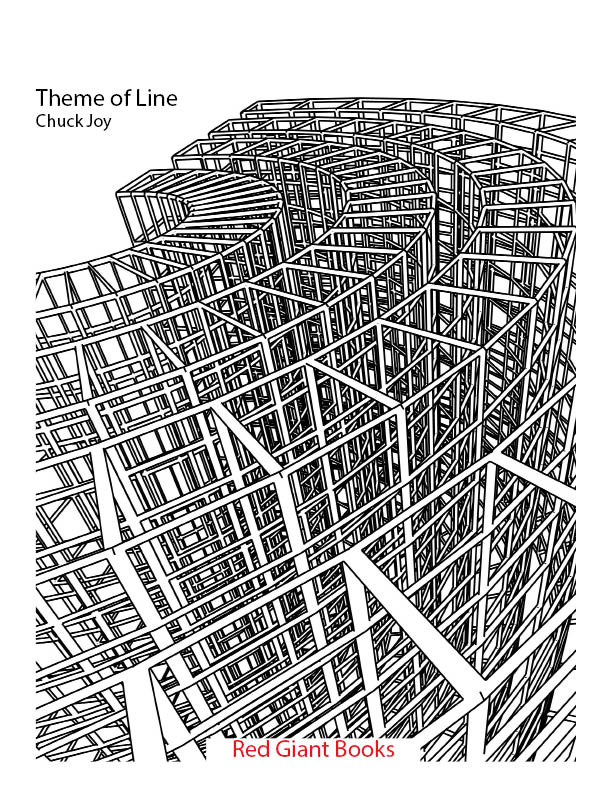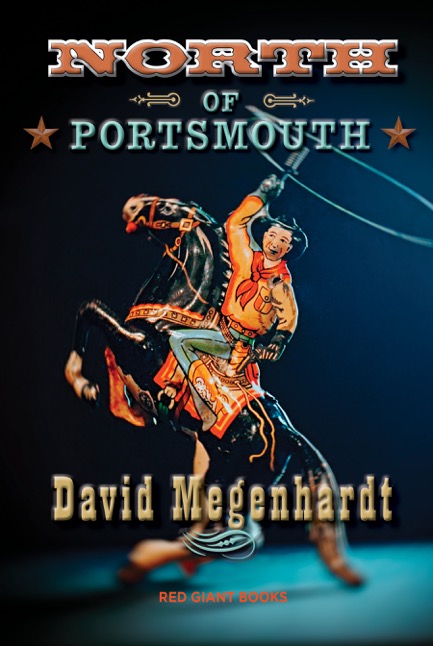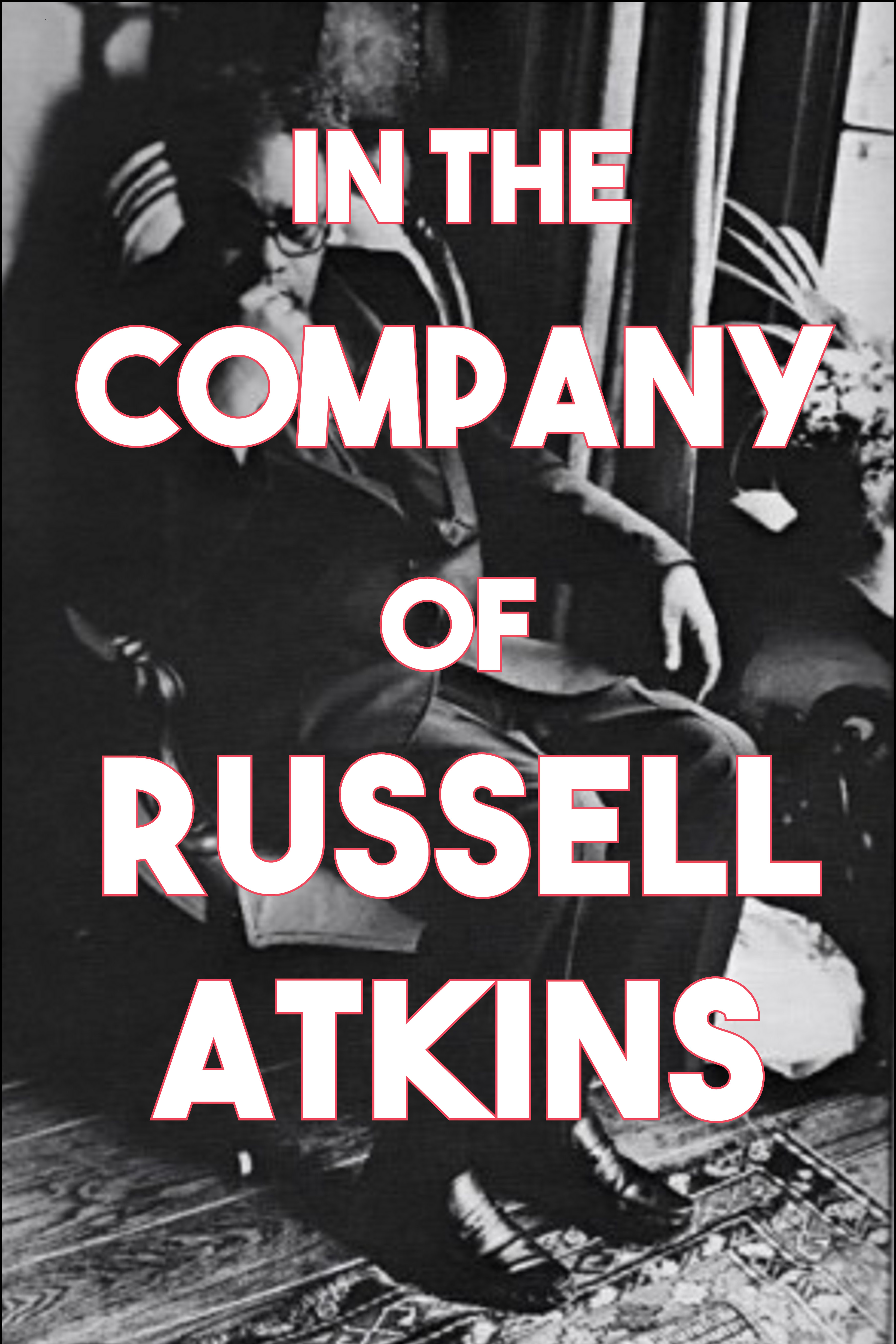Kin to Penny Lane’s most postmodern of moments (though she feels as if she’s in a play / she is anyway) Chuck Joy’s Theme Of Line is much more than the sum of its parts. Its thematic narrative is driven by an engaging lyricism familiar to followers of his work and, though he may posit a cartoon life, no one, but no one, gets away without paying the piper. Cue the klaxon horn, sisters and brothers. Chuck Joy holds up the mirror, daring you to take a long, deep look. To which I say double down, pass it on. Don Wentworth, Editor, Lilliput Review Joy’s Theme Of Line swims in waves of an unique undulation. Observations on “life, the suffering outside my picture window”. Laden with images drawn from his own imagination, “oddly twisted that foot, to an angle unavailable in life”. Life in lines. Thought as poetry. “Poetry, a powerful and nonspecific consciousness enhancer”. Observations on all things, dear to us and things “far enough away to recognize our insignificance”. “Fasten Your Seat Belt”. Enjoy the ride. Cee Williams, Director, Poets’ Hall Chuck’s poems have appeared in Great Lakes Review, Ampersand Review, Crisis Chronicles, Lilliput Review, Chiron Review, Tobeco, JAMA, Intentionalwalkreview.com, Cotyledon, Rattapallax, Tempus,…
Paul Newcombe suffers the unlucky coincidence of seeing a ghost from his past on local television news. His old neighborhood pal, Gary Auro, now a deputy in a Portsmouth, Ohio, has been given the task of solving a mystery of a skull unearthed from a gravel pit. Driven by the need to restart old rivalries, Paul makes his way to Portsmouth to reclaim his past. Set against the backdrop of the annual Roy Rogers festival, a nostalgic cowboy extravaganza with live theater, the reunion lurches toward chaos, as Auro tries to hold together his life unsettled by the return of his own ghost. Woven among the story of Paul and Gary is the story of Kinnell and June, who are the darkened heart of the river town, who terrorize the streets and flee to a settlement in South Dakota, known as Jupiter Hill, once Kinnell confesses his crimes, real and imagined.
Russell Atkins, winner of the Cleveland Arts Prize 2017 Lifetime Achievement Award winner is a poet, playwright, composer and editor. Born in Cleveland in 1926, Atkins was raised by his mother, grandmother and aunt on the city’s east side. Perhaps best known for his work at Karamu House, considered the oldest African American theater in the United States, Atkins studied at Cleveland College, Cleveland Music School Settlement, Cleveland School of Arts and the Cleveland Institute of Music. In 1950, Atkins co-founded Free Lance: A Magazine of Poetry and Prose with friend Adelaide Simon. The first issue contained an introduction by Langston Hughes, and Free Lance continued under Atkins’ leadership for more than two decades. In the Company of Russell Aktins includes previously unpublished work by Russell and a collection of poems from the literary community of Cleveland and beyond as an homage to his genius.



